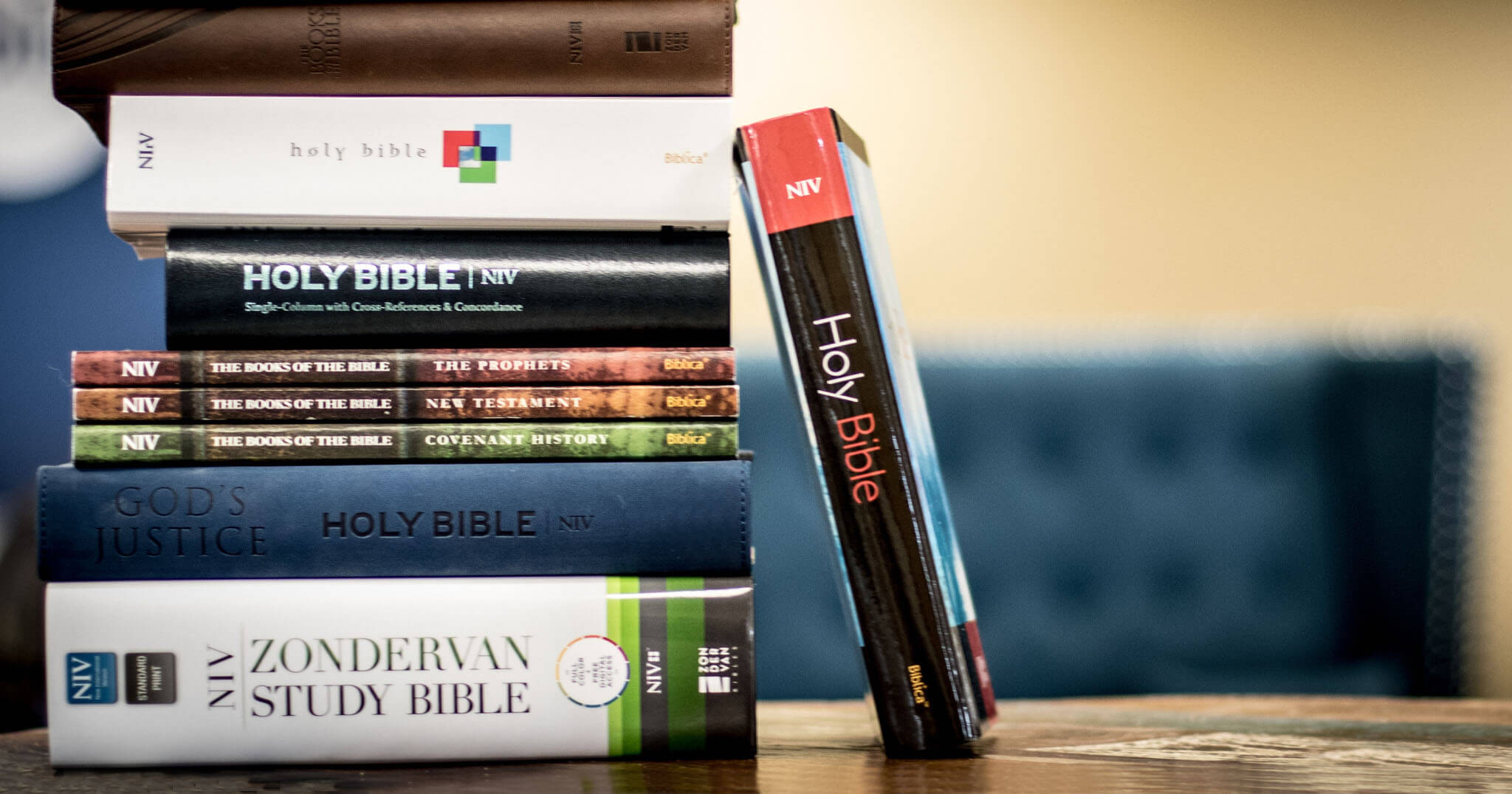In some respects the Bible of today differs greatly from the Bible of the past! First of all, the languages differ. The Bible of the past originally appeared in three languages: Hebrew, Aramaic, and Greek. Today, complete Bibles exist in 392 languages, and at least some portion of the Bible exists in 2,287 languages.
The earliest translations of the Bible appeared between 200 and 300 AD in Latin, Coptic, and Syriac. The first English Bible was translated from Latin in 1382 and is called the Wycliffe Bible in honor of the Oxford scholar John Wycliffe who did much of the translation. If you were to look at that Bible today, very likely you could barely read it. The spelling, script, and terminology make it very difficult to decipher. So in that regard, our Bible today is quite different from the Bibles of the past.
An even more significant difference is that our Bibles today are more accurate and precise than the Bibles of the past. With the ongoing discovery of ancient manuscripts, we have more exact renderings of the original text than have existed before. For example, today we know that unicorns do not exist, but in the Middle Ages this was commonly believed and the term is found several times in the English Bible of that day.
A third difference is that the meanings of words change all the time. In the past the opening words of Psalm 23 were, “The Lord is my shepherd, I shall not want.” Back then, the word “want’ meant “lack”, but today it means “desire”, so today that verse reads in the New International Version (and many others), “The Lord is my shepherd, I shall not be in want.” This rendition more exactly states the meaning of the Hebrew for our comprehension of its precise intent.
So in these ways the Bible of today differs from the Bible of the past. However, in one respect the Bible of today is the very same as the Bible of the past. The Bible of today transmits as precisely as is humanly possible the original revelation that came from God. That revelation, embodied in the original Hebrew, Aramaic, and Greek, has not been changed even the slightest bit in translations such as the New International Version. The translators who worked on the NIV all regarded the Word of God as divinely inspired, down to the very words employed, and they consider it infallible. They all signed a statement affirming that faith.
But what about the future? Are new translations going to appear which change God’s Word? We can speak only about translations published by Biblica. The answer is that Biblica will never publish a translation that alters the message or departs from faithfully presenting God’s revelation. This solemn promise is backed by its nearly 200 years of fidelity in translation and publishing God’s Word.
Let’s be clear: language changes, and the ancient words must be put into language which today expresses the original intent. Once upon a time “all men” meant “all people”. Today, children and women may be excluded if that phrase is not used carefully. Therefore, if the original text meant to embrace all people, the translation of the future will not say “all men”. If the older translation stated that a woman “was with child”, the translation of the future will say the woman “was pregnant”. The concern for total accuracy and complete comprehension determine the words the translation will employ.
Therefore the translators’ task is never really done. The languages of the world continue to change because they are living and dynamic. Manuscripts such as the Dead Sea Scrolls continue to provide insights into the precise nuances of the ancient words and concepts.
But none of this changes the Bible. God’s revelation itself is changeless, or in the words of Psalm 119:89, “Your word, O Lord is eternal; it stands firm in the heavens.” Our languages may shift as new words appear and existing words change meanings ever so slightly, and so we must be ready to put the ancient and abiding meaning into today’s terminology. But the revelation remains as is, and so it is right to say that the Bible of the future will be the very same as the one we have today.
We’ve come to the close of our series of Questions and Answers About The Bible. We conclude by affirming Christ’s testimony, “Heaven and earth will pass away, but my words will never pass away” Matthew 24:35. Thanks for spending time in looking into God’s Word with us. We hope and pray that the Bible will truly be your beacon on your life’s adventure.





